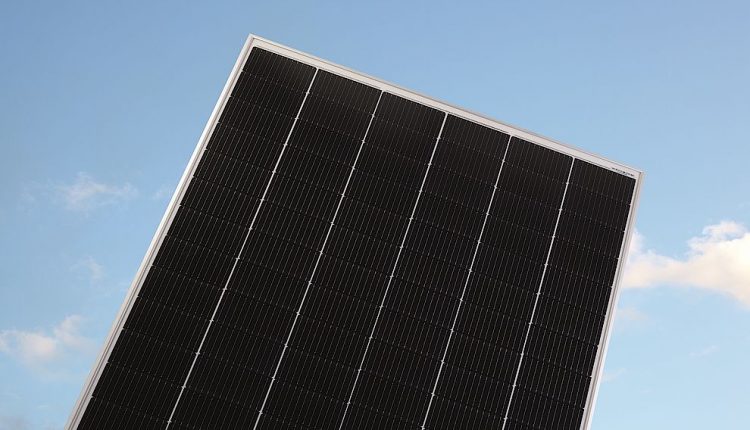With REC Silicon Investment, Hanwha is building an American solar supply chain
Hanwha Solutions, the Korean energy-to-materials company that owns energy solutions provider Q CELLS, is the largest shareholder in REC Silicon, a major US polysilicon maker.
Hanwha says it intends to implement a multi-phase, multi-billion dollar investment plan across the solar value chain from polysilicon to solar panels.
Following its initial $160 million acquisition to acquire a 16.67% interest in REC Silicon in January 2022, Hanwha will now become REC Silicon’s largest shareholder by taking an additional 4.67% interest from Aker Horizons , a sustainability investment firm that co-owned, acquires from REC Silicon with Hanwha Solutions. The deal is valued at around $44 million.
“Our commitment in the USA is more serious than ever,” says Justin Lee, CEO of Q CELLS. “We plan to make investments to secure capacity across the solar supply chain with the goal of providing our partners with ‘Made in America’ products that will help the US regain its leadership in clean energy solutions.”
REC Silicon operates two polysilicon manufacturing facilities in the United States in Moses Lake, Wash. and Butte, Mont. Their combined annual production capacity is 18,000 tons (MT), including 16,000 tons of solar-grade granular polysilicon at Moses Lake and 2,000 tons of electronic-grade polysilicon in Butte.
Using clean hydroelectric power, REC Silicon produces low-carbon polysilicon without emitting greenhouse gases. Compared to high-carbon polysilicon, which is manufactured abroad and often relies on coal power, REC Silicon’s “clean polysilicon” is expected to attract more demand in the coming years as international scrutiny of industrial emissions and carbon footprints increases .
In addition to solar-grade polysilicon, REC Silicon also manufactures other materials such as electronics-grade silicon and silane gas, which are essential to the manufacture of high-tech devices such as semiconductors, smartphones, flat-panel TVs, laptops and hybrid electric vehicles.
“The increasing turbulence in the energy market shows us why securing the production of key commodities is so important,” commented a spokesman for Hanwha Solutions. “With upward pressure on oil prices and scrutiny of the polluting impact of fossil fuels, we believe strengthening the renewable energy-based supply chain is important – and producing low-carbon solar material is a good starting point to achieve the goal.”
Hanwha currently operates a module manufacturing facility in the United States through its Q CELLS solar panel business unit. The Georgia-based factory can produce 1.7 GW of solar panels per year.



Comments are closed.